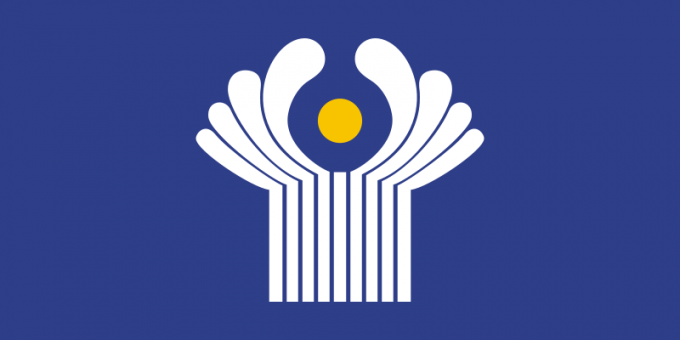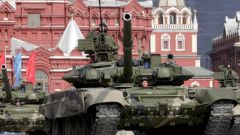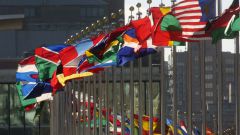What States are part of the CIS
According to the current statutes of the organization, its members are the founding countries that have signed and ratified the Agreement on creation of the CIS of 8 December 1991 and the Protocol thereto (21 December of the same year) since the signing of the Charter. As active members of the organization are those countries which in the future has assumed the obligations prescribed in this Charter.
Each new membership in the CIS must receive the approval of all other States that are already part of the organization.
Currently members of the Commonwealth are 10 States:
- Azerbaijan;
- Armenia;
- Belarus;
- Kazakhstan;
- Moldova;
- Russia;
- Tajikistan;
- Turkmenistan (but in special status);
- Uzbekistan.
Other States formerly part of the USSR, have the following relationship with the Commonwealth:
- at the summit on 26 August 2005, Turkmenistan announced its participation in the CIS as an associated member;
- Ukraine, 19 March 2014, by decision of the RNBO, is no longer a member of the Commonwealth;
Georgia, formerly a member of the CIS, withdrew from the organization on August 14, 2008, when (during the reign of President Mikheil Saakashvili, the Georgian Parliament unanimously adopted a decision to withdraw from Commonwealth;
- Mongolia is currently involved in the CIS as an independent observer.
Afghanistan has never been a part of the USSR, in 2008, stated his desire to join the CIS and is currently listed in the Commonwealth as an observer.
The objectives of the education organization
The most important principle of the organization of the Commonwealth is that all its members are fully Autonomous and independent. CIS is not a separate state and has no supranational powers.
To the organizational goals of the CIS include:
- closer cooperation of States in the political, economic, environmental, humanitarian, cultural and other fields;
- provision of guaranteed rights and freedoms of people living in the CIS;
- cooperation in the field of peace and security in the world, as well as the achievement of universal disarmament;
- provision of legal assistance;
- resolution of disputes by peaceful means.
The Supreme body governing the activities of the CIS Council of heads of States in which each country has his representative. The meeting takes place twice a year, the members of the Council shall coordinate future cooperation and activities.






